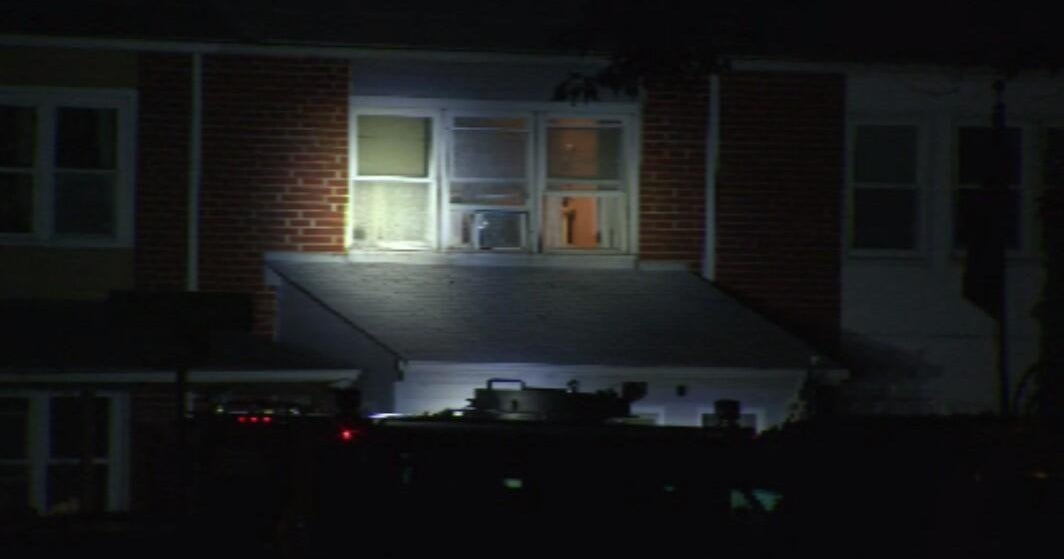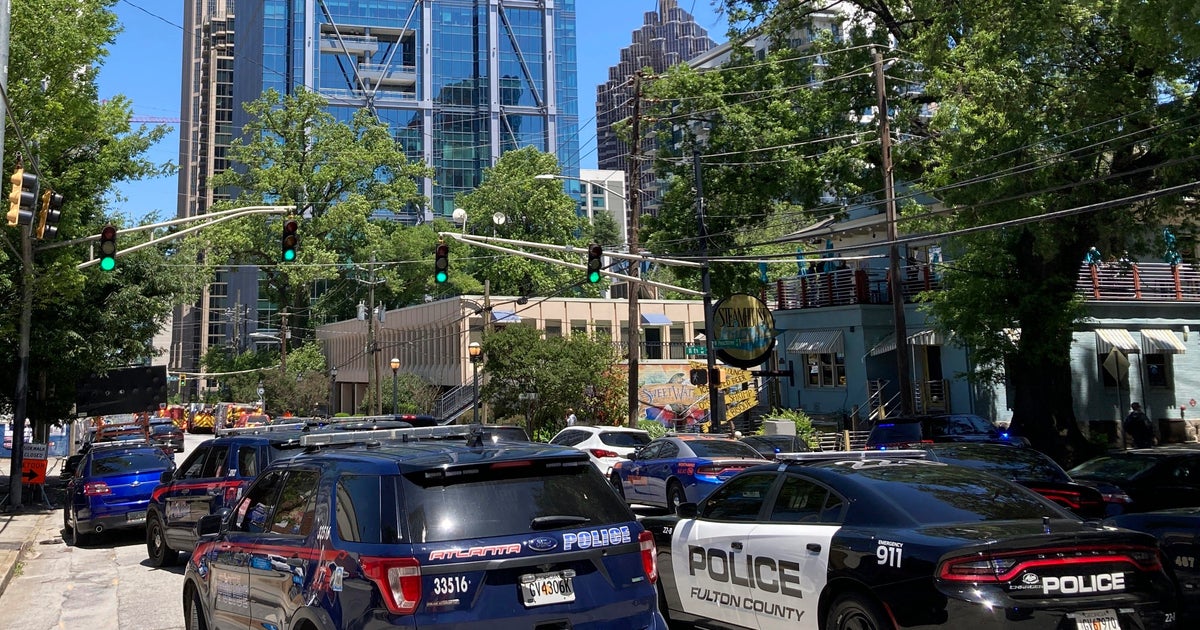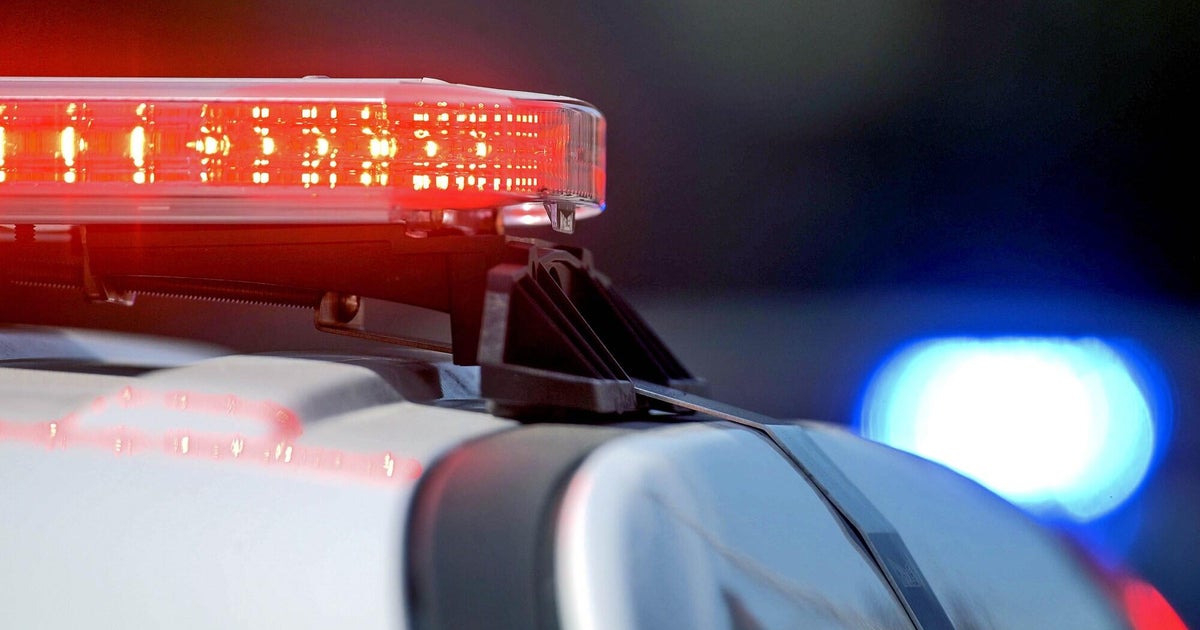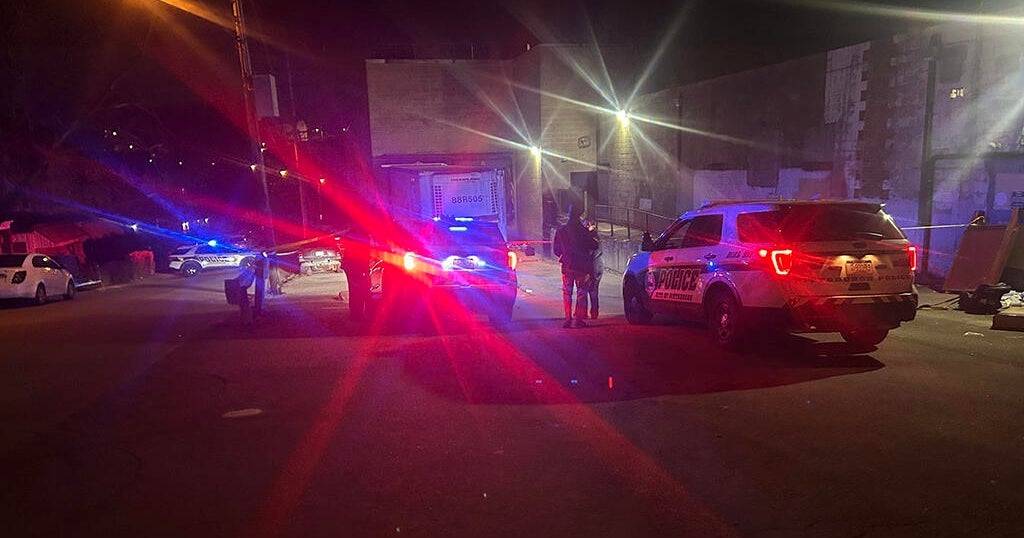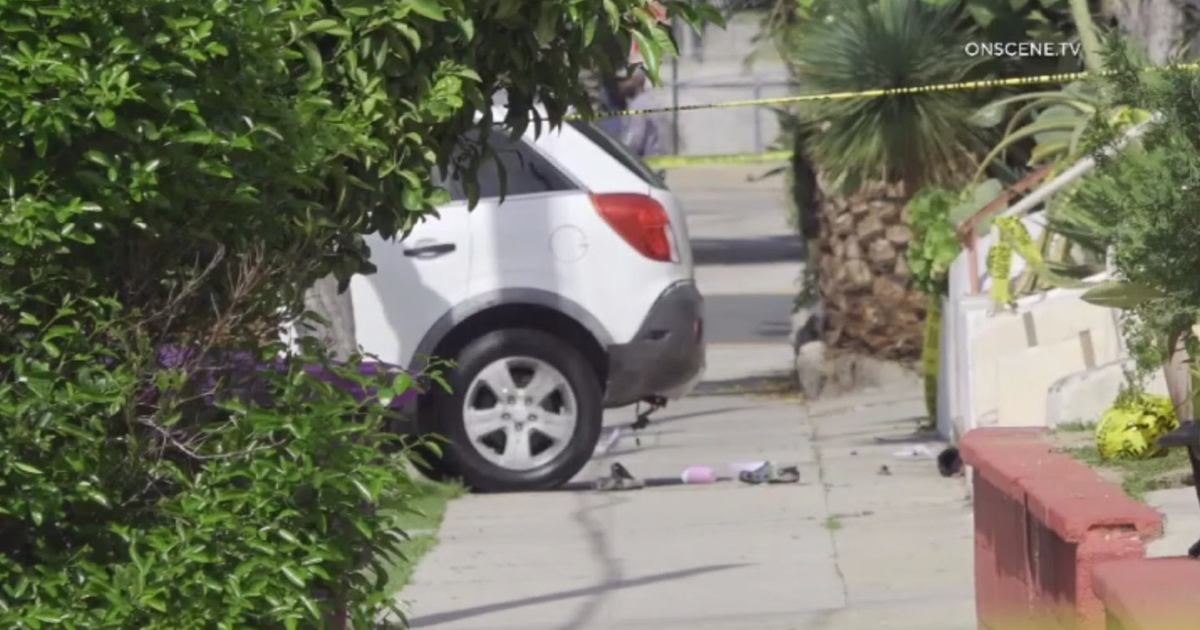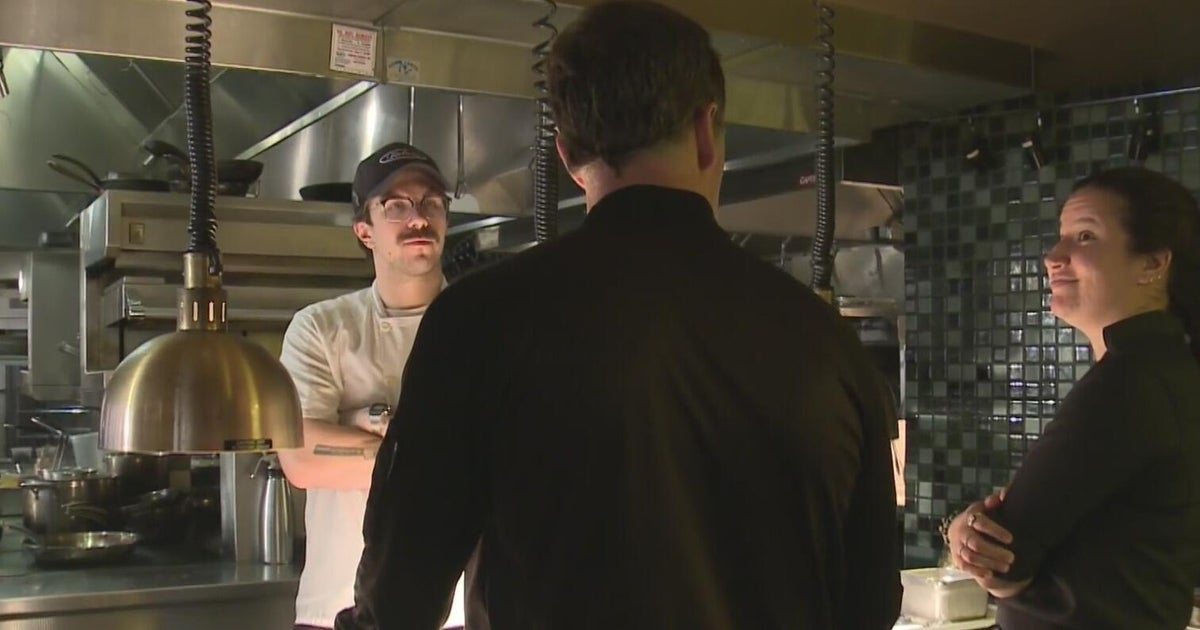Study: Less Than 1% Of Defendants Whose Low-Level Charges Were Dropped By Mosby Went On To Commit More Serious Crimes
BALTIMORE (WJZ) -- Baltimore City saw almost no rearrests for serious offenses after the State's Attorney's Office stopped prosecuting low-level drug possession and prostitution, according to a new report from Johns Hopkins Bloomberg School of Public Health.
The report also found the new policy headed off new arrests for low-level drug possession and prostitution, particularly in Black communities.
At the onset of the COVID-19 pandemic in March 2020, Baltimore State's Attorney Marilyn Mosby ordered her staff to drop all pending charges against people arrested for certain non-violent offenses. The move was initially designed to curb the spread of coronavirus among inmates, but about a year later, her office announced the policy would remain in place.
"There is no public safety value, and never really was any public safety value, in prosecuting these low-level offenses," Mosby said at the time. "It is wholly counterproductive to continue to prioritize low-level offenses over violent crime."
A key finding from the Hopkins report, "Evaluation of Prosecutorial Drug Policy Reforms in Baltimore, Maryland," was that less than 1% of those who had their charges dropped went on to carry out more serious crimes.
Based on an analysis of Maryland Courts Judicial Information System arrest data, of the 741 people whose drug and prostitution charges were dropped under the new policy, only six were later arrested for serious crimes.
University researchers said crimes covered by the analysis included: robbery, murder, manslaughter, guns and weapons charges, assault, sex offense, carjacking, home invasion, kidnapping, arson, and drug distribution.
Based on an analysis of Baltimore Police Department arrest data, researchers found that an estimated 443 new drug possession and prostitution arrests were avoided. The report said most of those arrests (78%) would've impacted the Black community.
The report also suggests that 911 calls about drugs and prostitution "declined significantly" after the policy change. The report covered the 14 months following the policy change, from April 2020 to May 2021.
The study's authors said the findings suggest drug- and prostitution-related offenses should be reclassified as a public health problem, rather than criminal activity.
"We found these results very encouraging on the whole because we know that putting people into the criminal legal system is harmful to their mental and physical health, and it seems that Baltimore has been able to reduce that problem without incurring a significant cost in terms of public safety," lead author Saba Rouhani, Ph.D., said.
"We think that the next step is to start a dialogue about providing public health services to these people that are no longer going to be arrested," senior author Susan Sherman said. "We should now be asking, is there a sufficient safety net of harm reduction services, treatment, and social services to meet the needs of people who are no longer arrested?"
The report is part of an ongoing research collaboration between Mosby's office and the Bloomberg School of Public Health.
Read the full report below:
